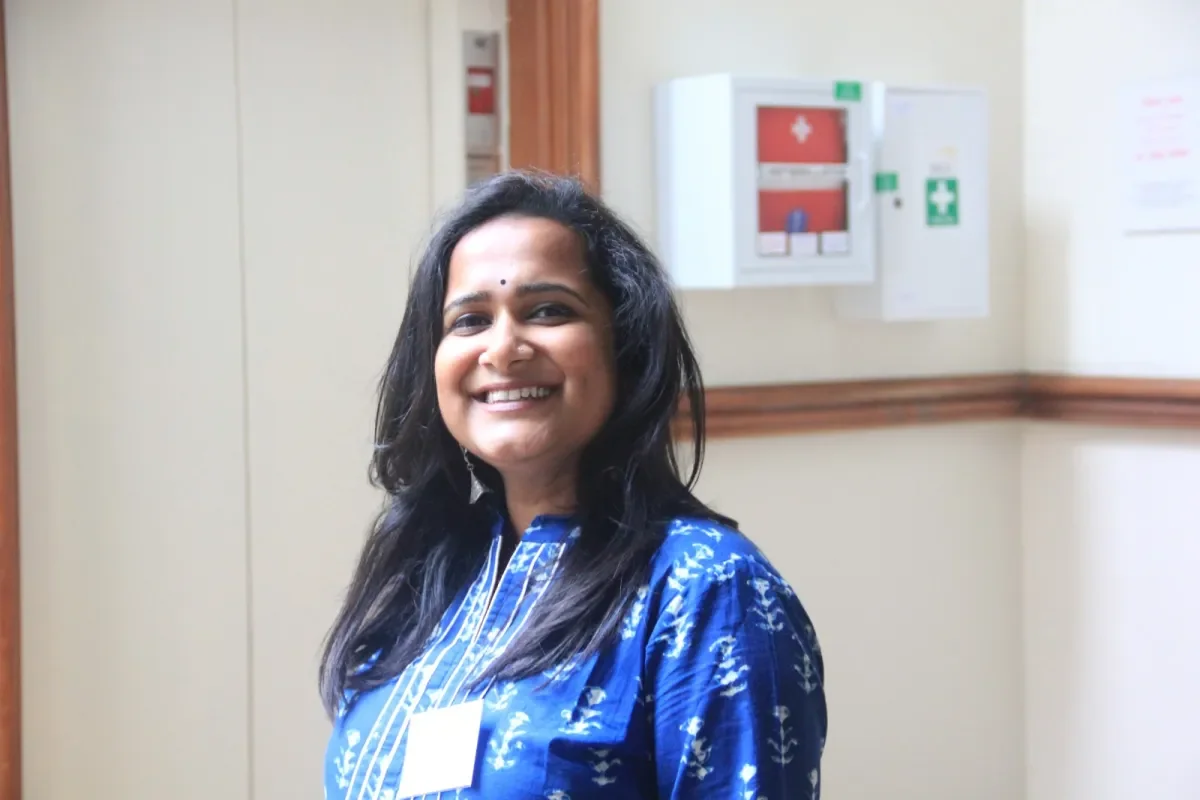

New research to explore the barriers to medical help for survivors of sexual violence in India
Congratulations to Dr Arpita Chakraborty in the School of Law and Government whose project was successfully chosen by the Irish Research Council to receive funding as part of this year’s Enterprise Partnership Scheme. Working with Action Aid in Ireland and Nepal, Dr Chakraborty’s project will explore the key barriers that prevent lower caste women survivors of sexual violence in India from accessing healthcare.
Having previously worked on the theme of gendered violence for her doctoral thesis, this latest project by Dr Chakraborty will focus on caste issues as a formidable barrier to survivors in accessing medical services. For instance Dalit women in Nepal face caste and gender discrimination in nearly every area of their lives. Even though the caste system was abolished in 1963, society still considers Dalits inhuman and untouchable. Reports show that Dalit women and girls are at greater risk of sexual abuse, violence, early child marriage and human trafficking.
Dr Chakraborty said: “There is a lack of detailed research on the effect these practices have on survivors of sexual violence in terms of their personal health and their capacity to access the judicial system. While existing research focuses on major urban conurbations in India, this research will concentrate on two small towns – Durgapur in India and Pokhara in Nepal and their rural hinterlands. The research will use semi structured interviews with sexual violence survivors, doctors, nurses as well as other medical staff facilitated by ActionAid.”
She continued: “Medical practitioners play a crucial role in ensuring the physical and mental well-being of survivors of sexual abuses, and help in availing justice through medical evidence-collecting process. However, medical practitioners are also embedded within the habitus of society in which casteist practices continue, and where the effect of the caste system in the health sector is clearly visible. While Dalit doctors face casteist slurs, boycott and discriminative behaviour, and even death threats from patients, the practice of untouchability among health workers has meant that in many areas, Dalit women have no access to healthcare.”
Thanks to the latest funding award from the Irish Research Council, Dr Chakraborty’s research aims not only to detail experiences but also to explore the applicability and use of technological innovations, such as the app Medicapt and centralisation of evidence collection systems, in overcoming barriers to access of medical resources. Another key objective of the project is providing policy and lobbying recommendations to Action Aid on improving the treatment of sexual violence survivors, especially those who face the additional barrier of low caste.
Dr Chakraborty concluded: “I look forward to sharing my insights not only with scholars and policymakers, but also with other interested people through the project's Twitter profile @Sexual_Medical and through a blog I aim to maintain on the Action Aid Ireland website.”
This project was one of 50 projects funded as part of an announcement earlier this week by the Minister for Further and Higher Education, Research, Innovation and Science, Simon Harris TD, as part of an investment of €4.3 million in enterprise-focused research awards under the Irish Research Council’s Enterprise Partnership Scheme. A total of five projects from DCU were successful in this year’s funding announcement.
